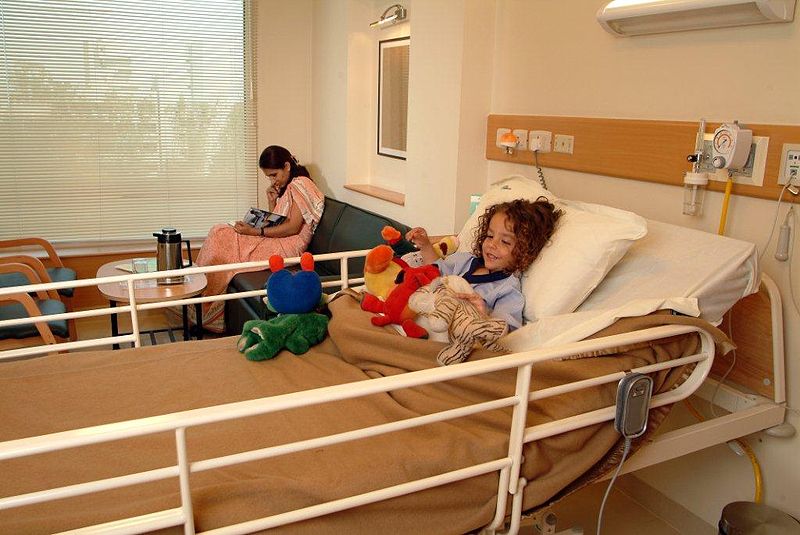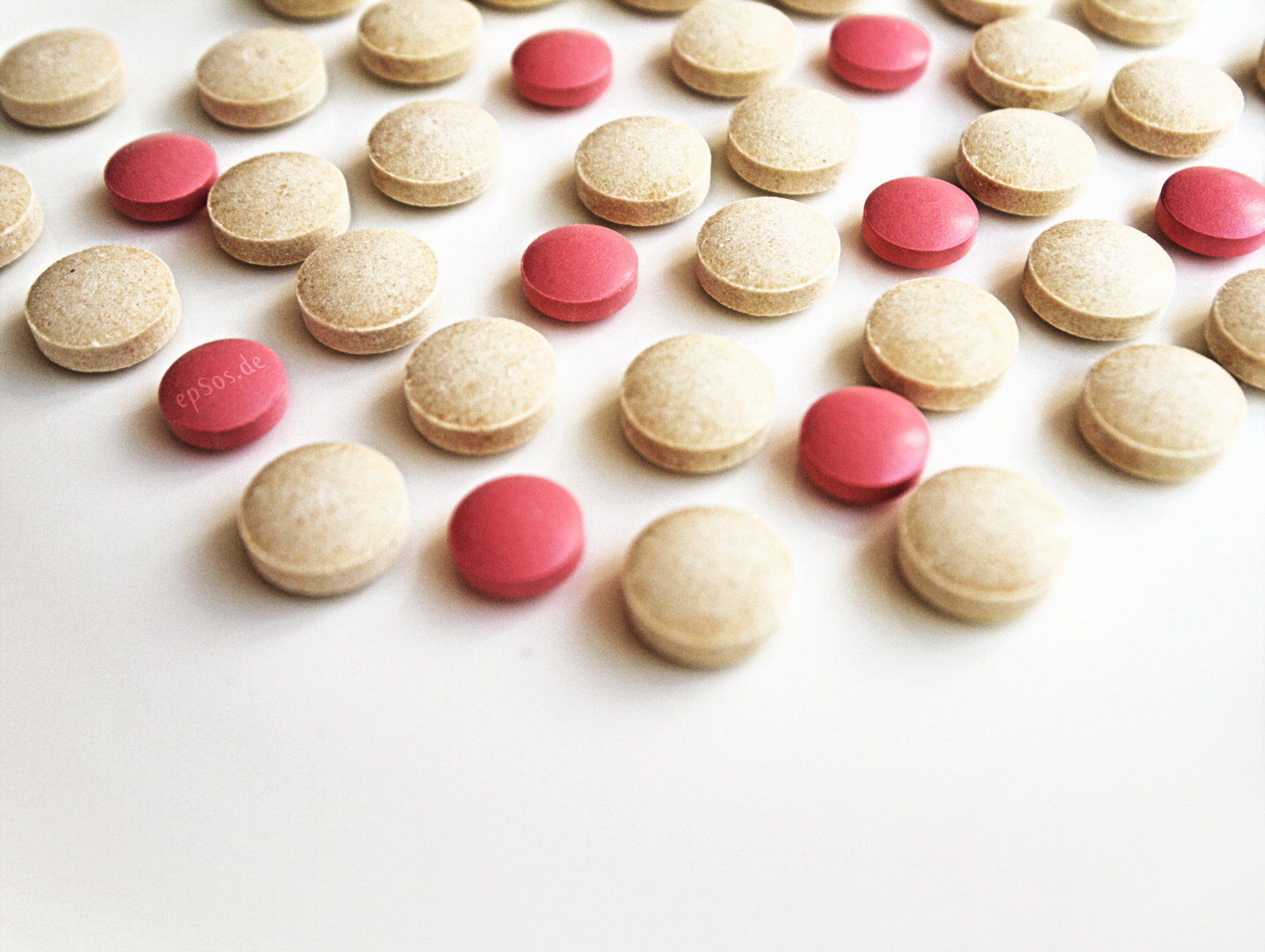You can subscribe to receive the EAHP EU Monitor by email here.
EAHP and GS1 publish report of UZ Leuven meeting on bedside scanning and medicines bar coding
.png) EAHP has published a report of the conclusions of a high level meeting at UZ Leuven on the subject of bedside scanning of medicines at the point of administration to the patient. The practice helps to prevent medication administration error.
EAHP has published a report of the conclusions of a high level meeting at UZ Leuven on the subject of bedside scanning of medicines at the point of administration to the patient. The practice helps to prevent medication administration error.
The meeting focused on the need to improve the way medicines are bar coded in Europe in order to make bedside scanning a more common practice. Its implementation is frustrated by the fact that medicines do not regularly contain a bar code on the primary package.
More details here.
Health professions debate new EU alert mechanisms for individuals under investigation
 Following the completion of reform of the Professional Qualifications Directive in January 2014 the European Commission held a conference on 12 February 2014 to focus on the implementation of the changes. A new alert mechanism to make competent authorities across Europe aware of disciplinary and fitness to practice actions against health professionals was a hot topic of debate.
Following the completion of reform of the Professional Qualifications Directive in January 2014 the European Commission held a conference on 12 February 2014 to focus on the implementation of the changes. A new alert mechanism to make competent authorities across Europe aware of disciplinary and fitness to practice actions against health professionals was a hot topic of debate.
Alongside professional representative organisations, the event brought together EU member state regulatory bodies with responsibility for assessing applications from non-nationals to have their qualifications and right to practice as a health professional recognised. These bodies had sought to improve the Professional Qualifications Directive in respect of the sharing of information about professionals already subject to investigation or professional sanction related to their ability to practice.
The new ‘alert mechanism’ provided for in the amended Directive was therefore a key discussion point. Representatives of some doctors groups were fearful that individuals could have their professional reputations unfairly damaged if information on pending proceedings were made too public and shared at too early a stage. Meanwhile representatives of the regulatory agencies made the case for transparent processes, and raised the real life concern that individuals subject to professional proceedings may attempt to ‘jump’ countries before proceedings reached a conclusion. Discussions on this topic will continue as the detailed operation of the new alert mechanism provisions are worked out.
Elsewhere representatives of the nursing profession spoke of their enthusiasm to construct a ‘European professional card’ to aid professional mobility. Whilst this will not come in the form of a physical card, the electronic template of information of an individual’s qualifications and other relevant information, could be more easily and quickly shared between regulatory bodies.
EAHP representatives made the case for including space within such a system for advanced, additional and specialist qualifications. Further public consultation about the European Professional Card system is expected in the coming year.
Further information about the event, including a video recording of the entire day, is available here.
ICR and ITCC launch call for change to EU rules on paediatric trial exemptions
 The Institute for Cancer Research (ICR) and the European Consortium for Innovative Therapies for Children with Cancer (ITCC) have published joint research which they believe illustrates too many clinical trials are able to gain exemptions from testing the potential application of a new drug for paediatric use.
The Institute for Cancer Research (ICR) and the European Consortium for Innovative Therapies for Children with Cancer (ITCC) have published joint research which they believe illustrates too many clinical trials are able to gain exemptions from testing the potential application of a new drug for paediatric use.
Of 28 cancer drugs approved for adult marketing authorisation in Europe since 2007, 26 have a mechanism of action relevant for paediatric malignancies, but 14 have been waived from being tested in under-18s because the specific adult condition for which the drug is developed does not occur in children.
For example, drugs have been approved for treating adult cancers with mutations in the ALK or EGFR genes, but the manufacturers have been granted waivers from testing the drugs in children, even though ALK and EGFR mutations have been shown to play a role in some childhood cancers.
The analysis by the ICR and the ITCC also shows that the European Commission’s alternative route for getting cancer drugs to children – its regulation on rare, or ‘orphan’, conditions – is failing to be effective. Of the 25 EU-approved orphan medicinal products for cancer, none were registered for children in a different cancer type to that in adults.
The organisations are calling for a change in the implementation of the 2007 European Union Regulation on Paediatric Medicine, originally designed to improve children’s access to new treatments. Specifically, they want the European Commission to refuse to grant waivers to pharmaceutical companies exempting them from testing cancer drugs in children on the basis that the adult cancer targeted does not occur in children.
More information here. Explanatory video here.
Debate over implementation of the Falsified Medicines Directive continues
 There have been a number of new developments in the implementation of the 2011 Falsified Medicines Directive. The Directive will require unique identifiers to be placed on the outer packaging of medicines for verification of authenticity in European pharmacies.
There have been a number of new developments in the implementation of the 2011 Falsified Medicines Directive. The Directive will require unique identifiers to be placed on the outer packaging of medicines for verification of authenticity in European pharmacies.
At a recent meeting of the European Generic Medicines Association’s (EGA) Regulatory and Scientific Affairs Conference, Dr Patrizia Tosetti, Policy Officer at the European Commission’s DG Health and Consumers (DG SANCO) gave some updates on what was likely to be included in the Commission’s forthcoming delegated act on the detail of the pharmacy verification system.
On the issue of the future Unique Identifier (UI) for medicines, Dr Tosetti indicated that both the number and the data carrier should be fully harmonised across the EU, rather than allowing partial harmonisation of the number. There had been calls in some quarters for UI to be 'adaptable' to allow continuity with some national coding systems.
The UI should include the manufacturer's product code, serial number, a national reimbursement number (if present), the batch number and expiry date, and be carried by a 2D datamatrix barcode, she is reported to have said.
A debate is likely to continue as to whether or wholesalers will be expected to verify certain medicines. Dr Tosetti indicated at the meeting they might, whilst the ‘European Stakeholder Model’, which has been created by European associations EFPIA (pharmaceutical industry), PGEU (community pharmacy) and GIRP (wholesalers) to implement the requirements, opposes such requirements.
Dr Tosetti noted that adoption of the delegated act by the Commission should take place around the end of 2014 at the earliest, and publication in the Official Journal will follow in 2015 "after successful scrutiny by the European Parliament, European Council and World Trade Organisation (WTO)."
EAHP is monitoring developments in respect of impacts for hospital pharmacy.
More information here.
Reviewing the advantages of disadvantages of centralized and decentralized drug production, the seminar will also highlight projects in hospital pharmacy where the compounding process was successfully re-engineered.
The seminar takes place twice during the Congress week, from Wednesday, 26 March 2014 (2:00pm to 3:30pm) and Thursday, 27 March 2014 (8:30am to 10:00am) in Room 114.
The most common tasks in the respondents’ job descriptions were stock management (93%), providing drug information and guidance to ward personnel and students (91%), and monitoring the consumption and bookkeeping of narcotics (90%). Pharmacists considered that their most important tasks were checking for drug interactions (94%), providing drug information and guidance to ward personnel and students (89%), and detecting drug related problems in patients’ medications (87%).
The authors concluded that whilst pharmacists working on wards of Finnish hospitals spend most of their time conducting logistical tasks, they believe their expertise should be used in clinical tasks.

























.png) EAHP has published a
EAHP has published a 
.jpg) The first seminar timeslot at the 19th Congress of the EAHP will see a welcome focus placed on how European hospital pharmacies can meet the growing need to supply unlicensed products to small patient groups whilst meeting continuously developing GMP standards for drug manufacturing in the hospital setting.
The first seminar timeslot at the 19th Congress of the EAHP will see a welcome focus placed on how European hospital pharmacies can meet the growing need to supply unlicensed products to small patient groups whilst meeting continuously developing GMP standards for drug manufacturing in the hospital setting..gif)
